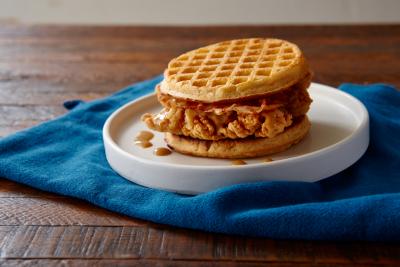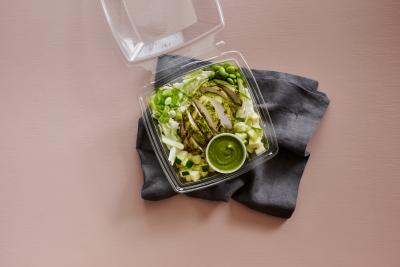
Food Resources
Access to healthy, nutritious food is a critical part of life. The Tufts community values taking action to solve important issues and being supportive of each other’s needs. When circumstances arise that interfere with access to food, our community comes together to support one another.
